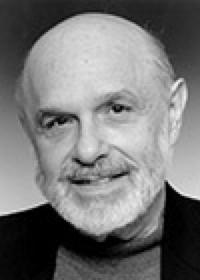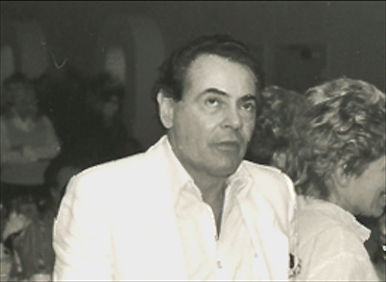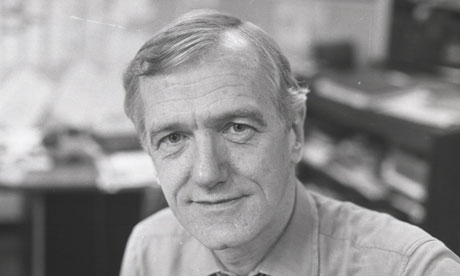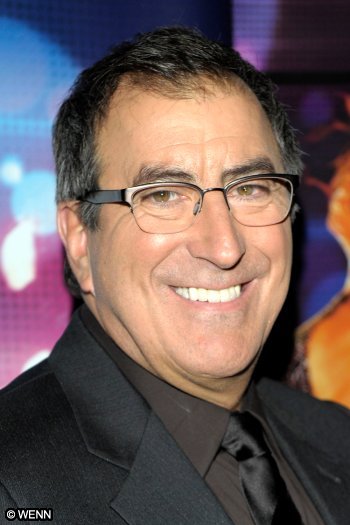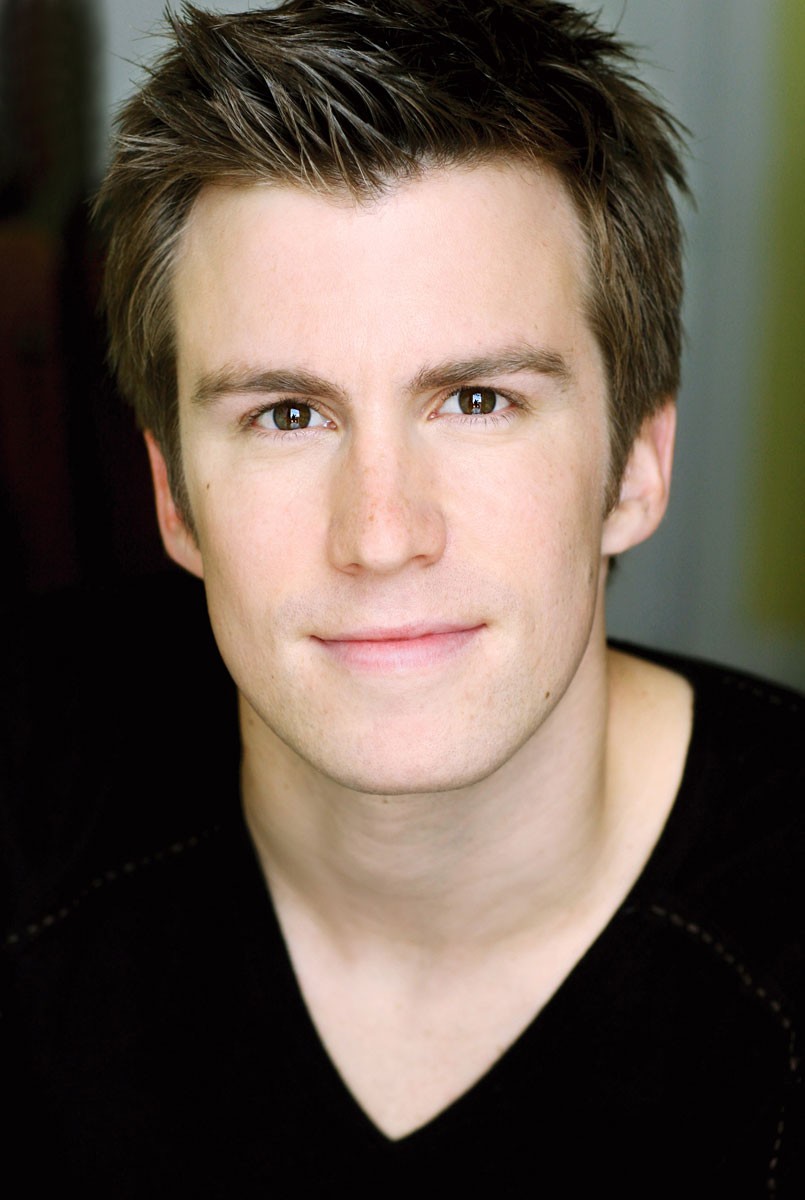|
presents THIS DAY IN GAY HISTORY based on: The White Crane Institute's 'Gay Wisdom', Gay Birthdays, Gay For Today, Famous GLBT, glbt-Gay Encylopedia, Today in Gay History, Wikipedia, and more …
Collected by Ted April 18 [{(o)}]|[{(o)}]|[{(o)}]|[{(o)}]| [{(o)}]|[{(o)}]
382 BC – Philip II of Macedon, ancient Greek king and military genius - the actual date is unknown, so we'll use today. (d.336 BC). He served as king from 359 BC until his assassination in 336 BC. He was the father of Alexander the Great, Philip III and possibly Ptolemy I, the founder of the Ptolemaic dynasty in Egypt. Philip was the ancient military genius who defeated the combined Athenian and Theban army and conquered all of Greece, setting in motion the grandiose ambitions of his son Alexander. Philip II, like his son, pursued young lovers tirelessly all his life. His very death came at the hand of a vengeful former beloved, Pausanias, who had been spurned by the king. The reasons for Pausanias' assassination of Philip are difficult to fully expound. The only contemporary account in our possession is that of Aristotle who states rather tersely that Philip was killed because Pausanias had been offended by Attalus, the king's father-in-law. Fifty years later, the historian Cleitarchus expanded and embellished the story. Centuries later, this version was to be narrated by Diodorus Siculus and all the historians who used Cleitarchus. According to the sixteenth book of Diodorus' history, Pausanias had been a lover of Philip, but became jealous when Philip turned his attention to a younger man, also called Pausanias. The older Pausanius' taunting of the new lover caused the younger man to throw away his life, which turned his friend Attalus against Pausanias. Attalus took his revenge by inviting Pausanias to dinner, getting him drunk, then subjecting him to sexual assault. When Pausanias complained to Philip the king felt unable to chastise Attalus, as he was about to send him to Asia with Parmenion, to establish a bridgehead for his planned invasion. He also married Attalus's niece, or daughter, Eurydice. Rather than offend Attalus, Philip tried to mollify Pausanias by elevating him within the bodyguard. Pausanias' desire for revenge seems to have turned towards the man who had failed to avenge his damaged honour; so he planned to kill Philip, and some time after the alleged rape, while Attalus was already in Asia fighting the Persians, put his plan in action. Other historians (e.g., Justin 9.7) suggested that Alexander and/or his mother Olympias were at least privy to the intrigue, if not themselves instigators. The latter seems to have been anything but discreet in manifesting her gratitude to Pausanias, according to Justin's report: he says that the same night of her return from exile she placed a crown on the assassin's corpse and erected a tumulus to his memory, ordering annual sacrifices to the memory of Pausanias.
1892 – New York amends its sodomy law. The five-year minimum penalty is eliminated and the intention of the legislature is more clear, covering all forms of anal and oral sex, but not covering things like mutual masturbation or frottage, which may have been covered under the 1886 law.
1916 – Maryland outlaws oral sex, although its statute is so broadly worded that probably any form of erotic activity is criminalized. This is in reaction to a 1915 state vice commission report.
1925 – John Paul De Cecco (d.2017) was an American academic. He was a professor of psychology at San Francisco State University, the editor-in-chief of the Journal of Homosexuality from 1975 to 2009, and a "pioneer of sexuality studies." John Paul De Cecco was born in Erie, Pennsylvania. He had four siblings, and he was of Italian descent. His father was a restaurant and property owner. His three maternal uncles were members of the Mafia who "married prostitutes." De Cecco graduated from Allegheny College, where he earned a bachelor of science degree in biology in 1946. He subsequently earned a master's degree and a Ph.D. in European history from the University of Pennsylvania, in 1949 and 1953 respectively. He took additional coursework in educational psychology at Michigan State University. He also attended Columbia University in 1968-1970. De Cecco became an assistant professor of education and psychology at San Francisco State University in 1960. He eventually became a full professor of psychology. De Cecco took part in the opposition to United States involvement in the Vietnam War. He was a member of the Gay Activists Alliance and the faculty adviser of the Gay Students Coalition at SFSU, co-founded by Mark Thompson. With Michael G. Shively, De Cecco was the co-founder of the Center for Homosexual Education, Evaluation and Research (CHEER) at SFSU in 1975. De Cecco served as editor-in-chief of the Journal of Homosexuality from 1975 to 2009. Additionally, he was a "member and sponsor" of the GLBT Historical Society. He was described as a "pioneer of sexuality studies" who had been "in the forefront of three decades of change in gay-related academia".
1929 – Dick Duane (d.2021) was a singer and MGM contract player and literary agent born on this date; He began his career as a MGM contract player and went on to become a well-known New York cabaret singer, advertising executive, literary agent. He was instrumental in the creation of the novel Midnight Cowboy written by his then boyfriend, James Leo Herlihy and the subsequent packaging of the Academy Award-winning film of the same name. The novel is dedicated to him as well. Following several appearances as a solo artist on The Ed Sullivan Show and several gold records, he appeared regularly in most major nights clubs across the country and internationally during the 1950s. He produced the off Broadway play Stop You're Killing Me, also by James Leo Herlihy at the 73rd Street Theater in 1969. As a board member of Lorillard & Co. and through his company Duane Enterprises, Dick created major advertising campaigns for Kent brand cigarettes as well as Newport and True Blue brands. In 1973 Duane, with his partner Robert Thixton, formed Pinder Lane Productions which quickly grew into a successful award winning music and film production company in New York City. In 1985 the company expanded and became the celebrity talent booking agency for BBDO New York and subsequently BBDO Worldwide and its affiliates as well as other major ad agencies throughout the world; signing film stars, performing artists and former Vice-Presidents to endorse and appear in numerous commercials and in effect created branding. He died in January 2021. He was survived by his lover and husband of 50 years Robert Thixton, who continues to operate both companies.
1934 – Mark Frankland, British journalist (d.2012), was recruited to MI6 as a young man but left to become a distinguished foreign correspondent for The Observer, principally in Moscow. But though he worked for the paper for more than 30 years, he remained an enigma to his Observer colleagues, who failed to penetrate the mysteries of his family background and his carefully protected personal life. It was only through his memoir, Child of My Time, written when he was 65, that they learned that he was gay. His father, Roger, became a wing commander in the war and served at Bletchley Park. Mark's parents were plainly unhappy. They divorced while Mark and his elder brother Timothy were away at school. Mark's mother's second marriage also failed and she became an alcoholic. Frankland was a withdrawn figure – tall, thin, with penetrating eyes behind rimless glasses, giving little away about himself but inquiring eagerly about the people he was talking to. This was not only a useful quality for a journalist but also for a spy, which he became after graduating from Cambridge. For National Service, Frankland volunteered for the Royal Navy, where there was an appetite for people with proven ability as Russian translators. He liked learning Russian, rapidly acquiring a working knowledge. And, as he revealed in his memoir, the navy provided the 18-year-old Frankland with a newfound opportunity for gay sex. This section of his memoir rather startled some old friends. It was not that anybody doubted his sexuality, but he had always been discreet about it; neither proud nor ashamed to be gay. Just was. His knowledge of Russian, which he had learned during National Service with the Navy, marked him out to MI6, and Frankland was recruited after helping a Polish student escape to the West when he was attending a conference in Warsaw. He was trained to pick locks, use codes and secret inks and eat messages written on special paper. He also learned how to fire a Browning automatic pistol and how to send signals from a beach to a submarine. In an exercise he failed to shake off pursuers who were tailing him, despite jumping on and off Underground carriages as the doors were about to close, as he had seen done in films. Eventually, after working in MI6's headquarters, he refused a posting to Africa and decided that the world of espionage, dealing in "boyish tricks and thuggery, stealth and deceit", was not for him. He resigned after a year, which was virtually unheard of. He had no training as a journalist before joining the Observer in 1962 and had to be given lessons in newspaper writing by the veteran Soviet correspondent, Edward Crankshaw. Frankland's appearance in Moscow as a journalist raised eyebrows at MI6. They thought he might be turned by the Russians if they learned of his intelligence background – as they might well do, given that the traitor George Blake, who had worked in Broadway Buildings when Frankland was there, had compiled a list of British spies for his Kremlin masters. MI6 approached him and asked him to report on the Russians he was seeing. When he refused, he felt that a black mark had been placed against his name and he was given an uncomfortable grilling at the Ministry of Defence. He sensed he was being followed and that a watch was kept on his London house. When he was asked bluntly by a colleague in later years "Does one ever really leave MI6?", he replied non-committally: "Now there's a question." In fact, as he explained in his memoir, he found himself caught in a curious espionage halfway house, not fully trusted by London, and certainly not by Moscow. Frankland made a point of studying the language, history and culture of all the countries he reported on. He was profoundly affected by the war in Vietnam and later helped a Vietnamese family to settle in the West. The war left him with grave doubts about America, but he grew to love the country when The Observer sent him there. In Japan he learned the language and immersed himself in the country's customs. In Czechoslovakia he became a friend of Vaclav Havel. Mark Frankland was survived by his long-time partner, Dang Thuong Nguyen, a Vietnamese painter and poet.
1952 – The American Psychiatric Association lists homosexuality as a sociopathic personality disturbance in its first publication of the Diagnostic and Statistical Manual of Mental Disorders. Immediately following the manual's release, many professionals in medicine, mental health and social sciences criticize the categorization due to lack of empirical and scientific data. Homosexuality was removed from the DSM in 1973. Homophobia, however, is certainly a disorder!
For much of the late 1990s, he lived in Los Angeles and had minor roles. He made his feature film debut in the 1992 science fiction The Lost World. McCormack appeared in multiple television series roles, including Top Cops, Street Justice, Lonesome Dove: The Series, Townies, and Ally McBeal. McCormack later gained worldwide recognition for playing Will Truman in the American sitcom Will & Grace, which premiered in September 1998. His performance earned him a Primetime Emmy Award for Outstanding Lead Actor in a Comedy Series in 2001. McCormack received his break-through role in 1998 when he was cast as lawyer Will Truman on NBC's sitcom Will & Grace, a series centered on a gay man (Will) and his Jewish best friend (Grace). McCormack said that when the part came along, he was convinced he was right for the role. "At the end of the audition, Max [Mutchnik, co-creator and executive producer of the show] said 'That was perfect. Just to let you know, you never have to be more gay than that.'" He explained that when he first read the script, "what hit me immediately was that this was me. I mean, sexual orientation aside, Will was so much like me. He's a great host, he's relatively funny and he has great friends and he's a good friend to them ... the gay issue just wasn't really a big thing." The show debuted on September 21, 1998 and was watched by almost 8.6 million American viewers. Will and Grace quickly developed a loyal audience, with the show and McCormack receiving strong reviews. John Carman of the San Francisco Chronicle commented that McCormack and Messing worked "nicely" together. Kay McFadden of The Seattle Times also praised McCormack, Messing and the supporting cast as "very funny". For this performance, he earned four Emmy Award nominations (2000, 2001, 2003, 2005), one of which resulted in a win (2001), for Outstanding Lead Actor in a Comedy Series. In addition, he received five Golden Globe Award nominations. McCormack is a supporter of same-sex marriage and attended a march in Fresno, California, on May 30, 2009, after the Supreme Court of California upheld a ban on same-sex marriage approved by voters in November by ballot Proposition 8.
1950 – Kenny Ortega is an American film and television producer, director, and choreographer, best known for directing Hocus Pocus, the High School Musical trilogy and Michael Jackson's This Is It concerts.
Ortega was born in Palo Alto, California. Initially known for working with dancer and choreographer Gene Kelly on the film Xanadu, Ortega went on to choreographing the dance for the Menudo video "Hold Me", as well as the 1987 film Dirty Dancing, and has won awards for choreography in music videos, such as Madonna's "Material Girl". He also worked with The Tubes on their stage shows and directed the video for She's a Beauty. Ortega directed Billy Squier's "Rock Me Tonite" video, which is often cited as the worst music promo clip ever made and has been blamed by Squier for killing his career. Together with Michael Jackson, he created and designed the Dangerous World Tour 1992-1993 and the HIStory World Tour 1996-1997. He has also choreographed events ranging from Super Bowl XXX, the 72nd Academy Awards, the 1996 Summer Olympics (Atlanta) and the 2002 Winter Olympics (Salt Lake City). In addition, Ortega has directed and choreographed High School Musical, High School Musical 2, High School Musical 3: Senior Year, and was choreographer of The Cheetah Girls 2. In May 2009, Ortega began work on the scheduled Michael Jackson 50-date This Is It concerts, which was cancelled subsequent to Jackson's sudden death. He directed the concert film Michael Jackson's This Is It which was put together from rehearsal footage recorded at the Los Angeles Forum and the Staples Center. Ortega directed the Michael Jackson Public Memorial at the Staples Center in Los Angeles, which was broadcast live on several networks on July 7, 2009. It reached a television audience of 31 million in America, and more than 1 billion worldwide and via the internet. At the end of the service, he introduced a rendition of Jackson's 1985 charity single "We Are the World" created for the This Is It concerts, featuring Jackson's backing singers on lead vocals with his dancers performing around them. On May 12, 2014, Ortega guest-judged on the 18th season of Dancing with the Stars during the semifinals. In the clip below he talks about life as a gay man today:
1976 – Today's the birthday American actor and singer and multiple Tony award nominee Gavin Creel. Born in Findlay, Ohio, Creel received his Bachelor of Fine Arts in musical theatre at the University of Michigan in 1998. He most recently portrayed Claude in the new Broadway revival of Hair for which he received a Tony nomination for Best Actor. Gavin has also appeared on Broadway as Jean-Michel in the 2005 revival of La Cage Aux Folles. He received a Best Actor Tony nomination for his performance as Jimmy Smith in Thoroughly Modern Millie. Creel originated the role of Hollis Bessemer in the premiere of the Stephen Sondheim musical Bounce. Creel's debut album is titled GoodTimeNation with collaborator Robbie Roth and continues to perform his original music. Creel, who is openly gay, is a regular on the LGBT RFamilyVacations cruise with Rosie O'Donnell. He is also one of the founders, with Rory O'Malley and Jenny Kanelos, of Broadway Impact, an organization fighting for equality and the LBGT community. Creel's latest single, "Noise," released in December 2011 and co-written with songwriter Robbie Roth, is intended to raise funds and support for marriage equality across the country. To promote the single, Creel and Roth, along with their friend and colleague, Newsies star Andrew Keenan-Bolger, created a groundbreaking new music video for "Noise," which tackles the entire history of the gay rights movement, and presents it as a pop-visual presentation. You can find and download the song at iTunes. ($0.99)
1983 – Kansas passes a new sodomy law that makes sodomy for hire a less serious crime than not for hire.
[{(o)}]|[{(o)}]|[{(o)}]|[{(o)}]| [{(o)}]|[{(o)}] |

